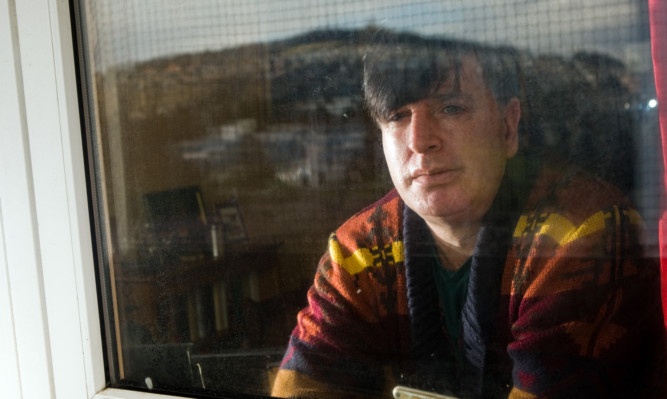Thousands of Scottish housing association tenants could be evicted from their homes because of the UK Government’s “bedroom tax”.
While Scotland’s SNP-led councils have all said they will not evict tenants who fall behind in their rent because of changes to housing benefit, many housing associations have been unable to make the same promise.
The bedroom tax, which comes into effect today, means tenants of working age will no longer have all their rent covered by housing benefit if they have any “spare” bedrooms.
Their homes will be deemed under-occupied and they will have to make up the shortfall themselves. Critics have claimed the new rules are too strict and will penalise some of the UK’s poorest citizens.
They also cite a shortage of available one-bedroom homes, meaning those who suddenly find their housing benefit slashed will have no option but to pay the remainder themselves, run up arrears or move to the private sector, where rents are higher.
It is estimated that 660,000 additional one-bedroom homes would be needed to meet demand.
Dundee City Council was the first local authority in Scotland to rule out evicting tenants who have been unable to find alternative accommodation and run up arrears because of the new rules.
All other SNP-led councils have followed suit.
But most housing associations areunable to offer the same guarantee.
Veronica Gray, operations manager with Abertay Housing Association, said: “We’ve identified over 300 tenants who are affected. Financial inclusion officers are currently carrying out home visits to make sure tenants are claiming all the benefits they can and promoting mutual exchanges to get people to move to more appropriately sized houses.”
But she warned that people who refuse help or to move into homes their housing benefit will pay for will be treated like any other tenant, which means they could be evicted if they fall behind with their rent.
“If it comes to the point where we’ve gone through all the options, discounted them and stopped paying rent and have no agreement in place to pay off the debt, then it will be treated as any other arrears. But obviously eviction is a last resort,” she said.
Margarita Morrison, director of customer service with Home Group, which has properties across the UK, said: “We are now helping many of our customers prepare for changes which will see the Department For Work and Pensions (DWP) cut their housing benefit.
“Although we’reproviding information to customers, it’s ultimately their responsibility to find out if they will be affected by DWP cuts and, if so, decide what action they are going to take.”
Anne Dickie,director of Glen Housing Association in Glenrothes, said they are working withtenants to ensure that everyone understands how the bedroom tax will affect them.
“About 10% of our stock will be affected, so 40 to 50 tenants,” she said.
“I think in common with most of the Fife-based housing associations, we’ve managed to speak to every single one of our tenants that are going to be affected by it and make them understand that this is not of our making.
“We’re trying as best we can to helppeople move into smaller houses and there’s already been a few mutual exchanges.
“The ultimate sanction remains to evict people but it’s something we do very rarely. It has to be a lot of money that’s due, well into the thousands, for us to evict someone.”
However, Hillcrest Housing Association in Dundee said it will not evict tenants caught out by bedroom tax.
Director of housing Fiona Morrison said: “We are prioritising cases for transfers where we can, and if this is the desired option for the tenant. We hope to access Discretionary Housing Payment for some of our tenants which will, if the claims are successful, result in a temporary fix to the problem.
“All cases will be looked at individually and if tenants are unable to pay the shortfall, or there is no suitable alternative accommodation, we would not be seeking to repossess the property.”
